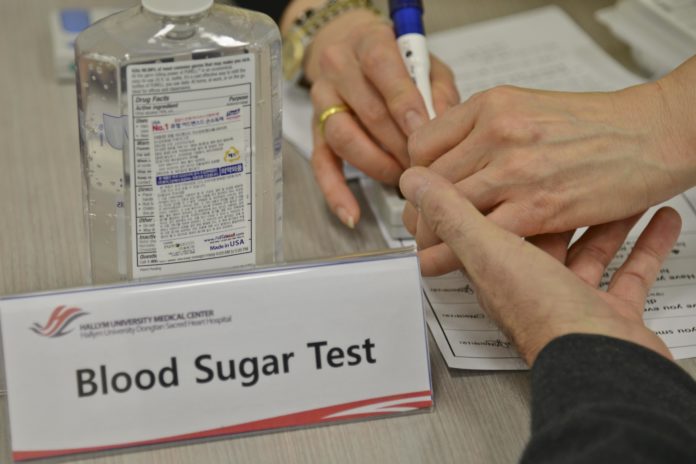Researchers devise a glucagon pump for post weight loss surgery hypoglycemia. Like an insulin pump it can measure blood sugar and give a shot of hormone
A new automated drug delivery system, a glucagon pump can help prevent dangerously low blood sugar in patients who have undergone weight-loss surgery. According to a study presented at ENDO 2019, the Endocrine Society’s annual meeting in New Orleans, La, this can effectively tackle the complication of weight loss surgery.
An increasingly recognized complication of weight-loss surgery is low blood sugar, or post-bariatric hypoglycemia (PBH). This condition can cause severe and debilitating low blood sugars after meals. Severe untreated hypoglycemia can cause seizures, loss of consciousness and death.
“Currently available treatments are not always effective for severely affected patients,” said lead researcher Christopher M. Mulla, M.D. of Joslin Diabetes Center in Boston, Mass.
“This study demonstrated that our glucagon automated delivery system can detect imminent low blood sugar and deliver a small dose of glucagon, yielding improvements in blood glucose levels after meals and reducing severe hypoglycemia in patients with PBH”
The researchers tested a new automated drug delivery system, similar to an insulin pump, which can detect when glucose levels are dropping quickly and deliver the hormone glucagon to patients to prevent low blood sugar.
The study included 12 participants (11 women and one man) with PBH who had undergone weight-loss surgery an average of eight years earlier; their average age was 52. They wore continuous glucose monitors and an automated pump system, filled with glucagon on one day and a placebo on the second day. Neither the participants nor the study team knew what the pumps contained. Participants were given a liquid meal on both days, and the device measured their glucose levels. The system automatically delivered up to two doses of glucagon or placebo if the monitor indicated the patient’s blood sugar was below a certain point.
Glucose levels were higher on the day they received glucagon than on the day they received a placebo. This indicates that the glucagon was effective at preventing severe low blood sugar, Mulla said. Side effects of the study medication were minimal and included temporary pain where the treatment entered the body.
“This study demonstrated that our glucagon automated delivery system can detect imminent low blood sugar and deliver a small dose of glucagon, yielding improvements in blood glucose levels after meals and reducing severe hypoglycemia in patients with PBH,” Mulla said. “Further research and development of this system will help treat this challenging disease.”
The team of researchers included engineers from Harvard Paulson School of Engineering and Applied Sciences led by Eyal Dassau, Ph.D., and the endocrinology team led by Mary Elizabeth Patti, M.D., at Joslin.


